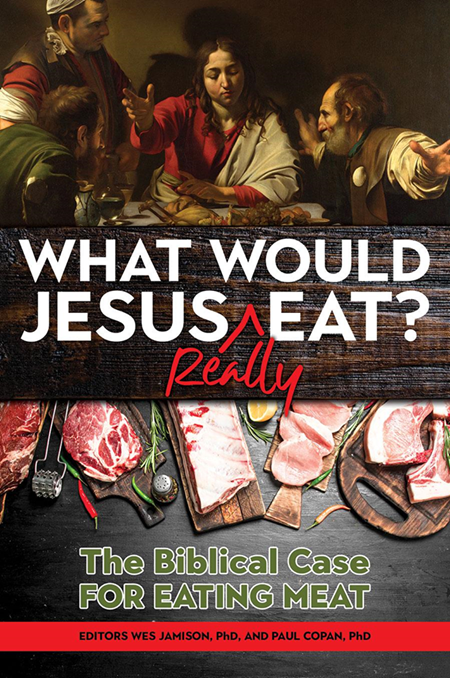The GFSI objectives are: 1. Reduce food safety risks by delivering equivalence and convergence between effective food safety management systems, 2. Manage cost in the global food system by eliminating redundancy and improving operational efficiency, 3. Develop competencies and capacity building in food safety to create consistent and effective global food systems and 4. Provide a unique international stakeholder platform for collaboration, knowledge exchange and networking.
GFSI benchmarks existing food standards against food safety criteria. Benchmarking is a “procedure by which a food safety-related scheme is compared to the GFSI Guidance Document.” There are several schemes that have benchmarked against the GFSI Guidance Document. Those schemes most commonly being utilized in the United States include SQF (Safe Quality Food), BRC (British Retail Consortium Global Standard for Food Safety) and FSSC 22000 (Food Safety System Certification 22000). In June 2007 under the umbrella of GFSI, eight major retailers from around the world, including WalMart, came to a common acceptance of the benchmarked food safety schemes.
Since that time many other companies including McDonald’s, U.S. Foodservice, Hormel, Coca-Cola, Shop Rite, Kroger, Cargill, Kraft Foods, ConAgra Foods, Food Lion, Tyson, H.E.B., Maple Leaf, Pick-n-Pay and Publix have started accepting one of the GFSI recognized schemes. More companies are being added to the list on a regular basis. In theory, if you have been certified by one of the GFSI benchmarked schemes, that should be the only audit required to do business with a company that has accepted GFSI. This has the potential to greatly decrease the number of audits conducted each year at a company.
The number of SQF, BRC and FSSC audits being conducted in the United States continues to increase. Some companies report that in the past they have had five, 10 or even more audits each year. What we are seeing is a domino effect. Once a company is required by its customer to become certified in one of the GFSI schemes, then it requires the same thing of its suppliers.
Many smaller meat companies that supply items to large retailers or to other companies that ultimately supply large retailers have been required to become certified under GFSI. Also several smaller companies that supply private label items to companies producing mail order or Internet order gift boxes have been required to become certified under GFSI. The number of companies being required to become certified by one of the GFSI benchmarked schemes is destined ton increase.
Give GFSI some thought. It may be on the horizon for your company.
Remember: People’s best successes come after their disappointments.






Report Abusive Comment